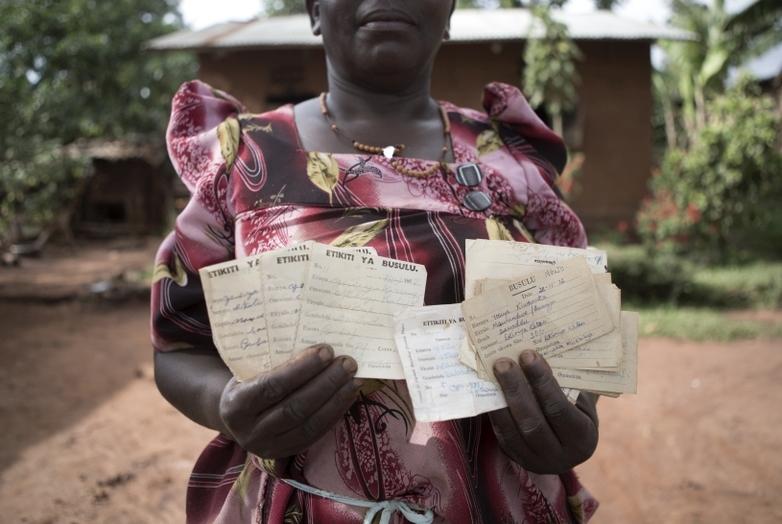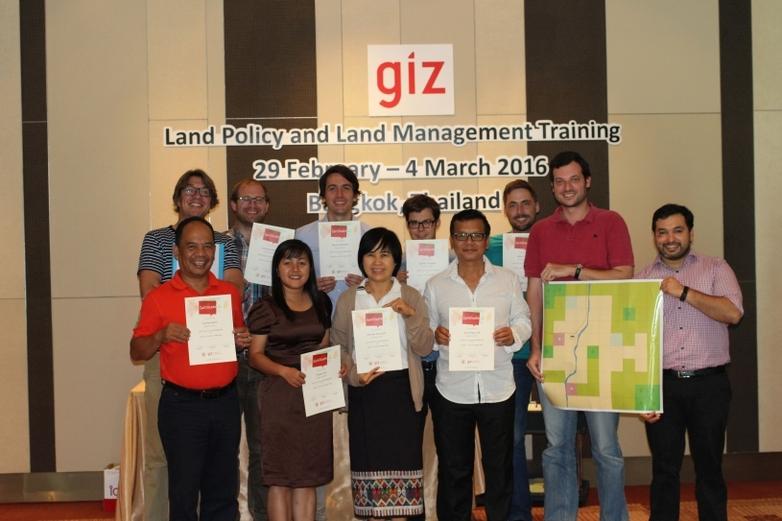Context
Reliable access to land and its long-term use are an important basis for the livelihoods and incomes of the majority of the world’s population. Land is farmed and settled and performs important cultural and social functions for the local population. According to data from the World Bank, however, only 30 per cent of the world’s population possesses documented and legally recognised land rights, as many states do not have any functioning land administration systems. It is disadvantaged population groups in particular, such as women and indigenous peoples, who are frequently excluded from access to land. If ownership and rights of use are unclear, land conflicts often result, endangering the livelihoods of the local population.
In recent years, an increasing number of international initiatives have emerged to tackle the issues of fair and long-term access to land. These include, for example, the United Nations’ Sustainable Development Goals and the ‘Voluntary Guidelines on the Responsible Governance of Tenure of Land, Fisheries and Forests’. Consequently, numerous states have now committed themselves to good land governance.
However, a lack of capacities and personnel in the partner countries and a lack of coordination within the donor community are holding back improvement in the development of land governance. There is therefore a great need for fair, poverty-oriented and sustainable approaches towards strengthening this issue in international cooperation.
Objective
Innovative, tried-and-tested strategies for strengthening governance in the area of land policy and land management are positioned in national and international policy processes and initiatives. International cooperation actors are making increasing use of them.


